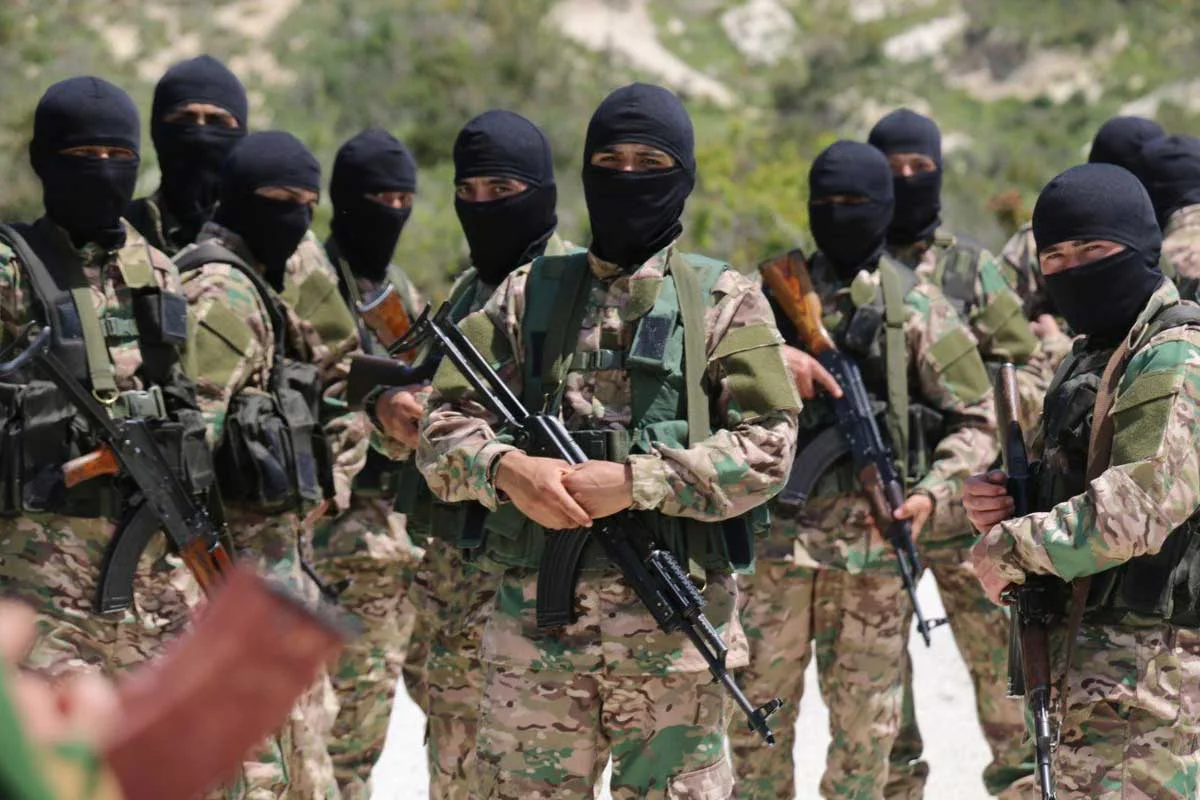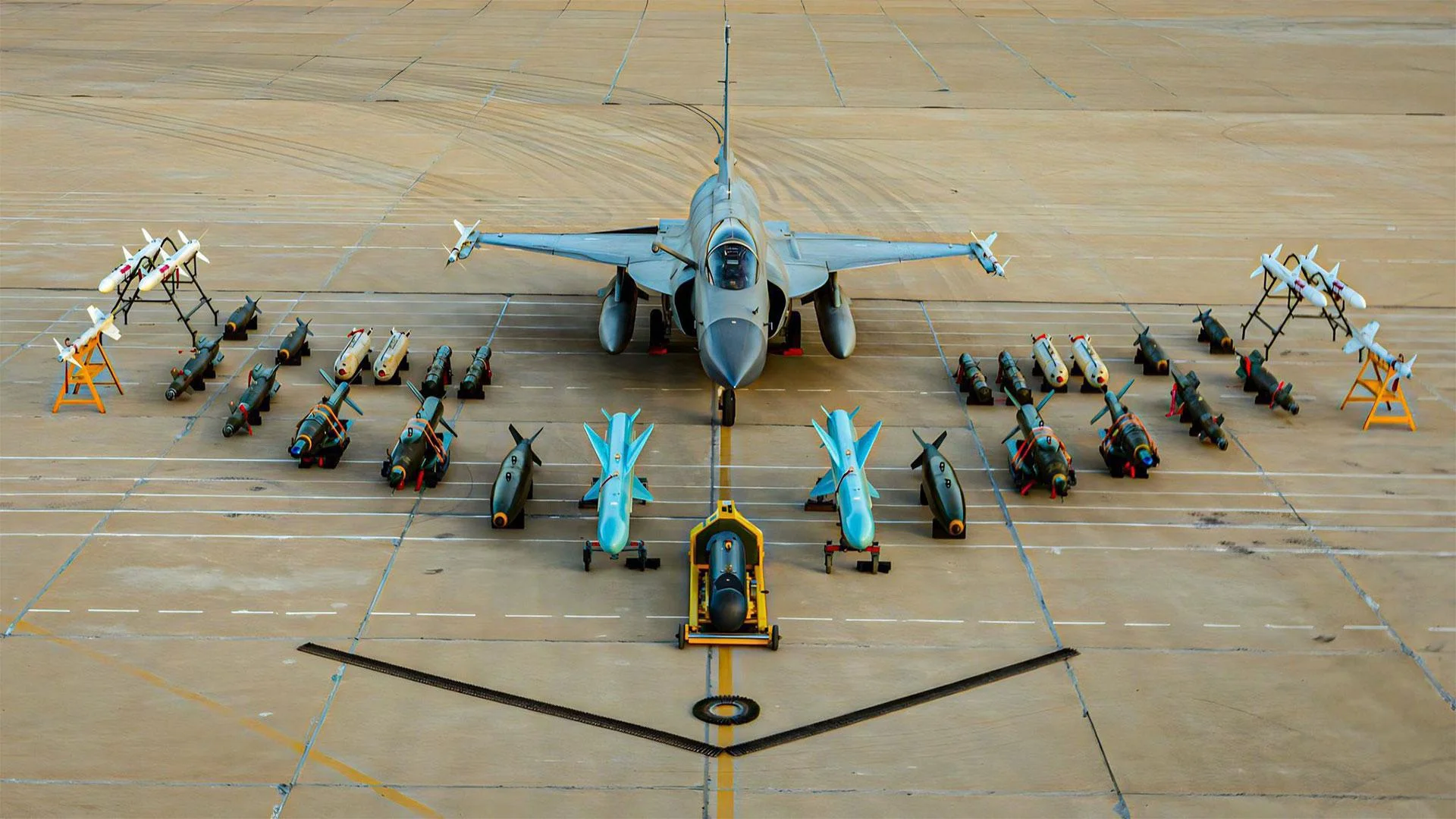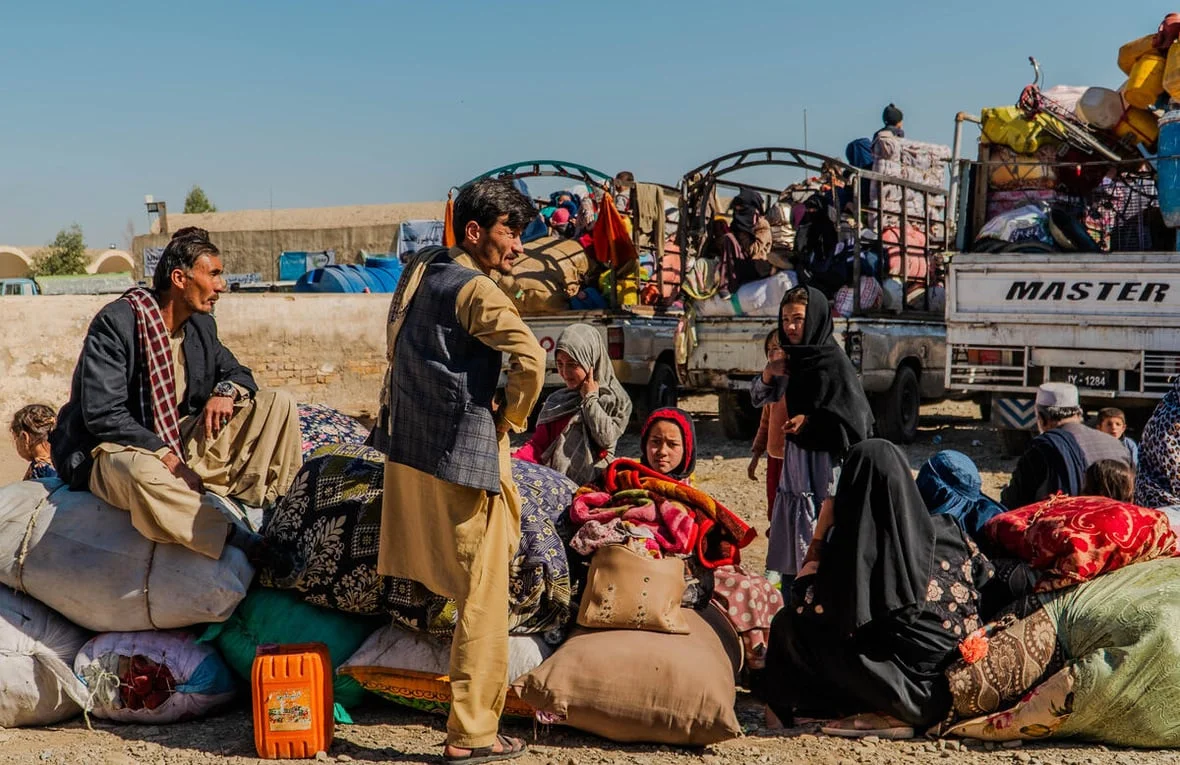Pakistan and Iran have signed a memorandum of understanding (MoU) aimed at increasing their bilateral trade volume to $10 billion.
The agreement comes as Pakistan seeks to enhance bilateral trade and investment while navigating economic recovery under a $7 billion International Monetary Fund (IMF) program, secured in September of last year.
Also See: Pakistan, Iran Agree on Bilateral Cooperation in All Spheres
In the last fiscal year, bilateral trade between the two countries reached $2.8 billion, according to Radio Pakistan. The MoU was signed during a high-level meeting between the Federation of Pakistan Chambers of Commerce and Industry and Iran’s Mashhad Chamber of Commerce and Industry.
Pakistan and Iran aim to achieve the $10 billion bilateral trade target by diversifying their economic cooperation across multiple sectors, including energy, agriculture, and technology.
During the meeting, Iran assured Pakistan that it would reduce business visa fees and facilitate trade activities to promote deeper economic cooperation.
This move is part of both countries’ efforts to strengthen ties, especially after years of tensions, including a military exchange of airstrikes in January 2024 over border instability and militancy concerns.
The agreement builds on a series of diplomatic efforts to improve relations. Iran’s late president Ebrahim Raisi visited Pakistan in April 2024, where both countries signed multiple MoUs across sectors like trade, agriculture, health, and science.
Raisi had also stressed the importance of increasing trade between the two nations, describing their current trade volume as “not acceptable.”
This news is sourced from The Express Tribune and is intended for informational purposes only.

![Pakistan and Iran sign an MoU to boost bilateral trade to $10 billion, strengthening economic ties amid past tensions. [Image via The Express Tribune/File]](https://southasiatimes.org/wp-content/uploads/2025/02/pak-iran1740494041-0.webp)




